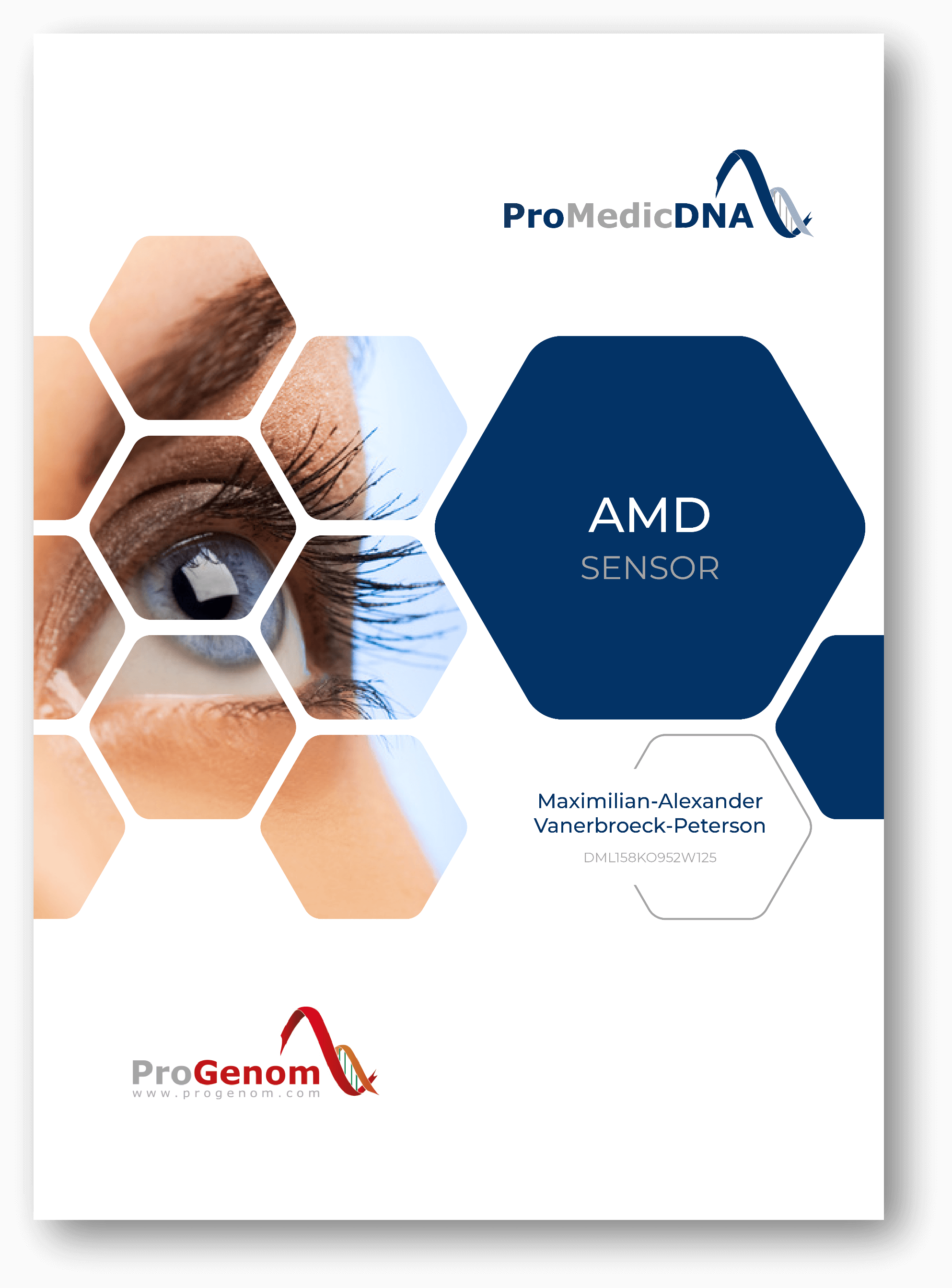Early detection of skin cancer is crucial for better treatment outcomes
Skin cancer encompasses various malignant skin conditions. The most well-known forms are basal cell carcinoma and squamous cell carcinoma (known as non-melanoma skin cancer), and the more dangerous malignant melanoma (black skin cancer). Compared to other types of cancer, skin cancer is generally easier to diagnose and treat when detected early. However, the tumors often develop unnoticed and only cause symptoms once the cancer has spread.
Symptoms can vary widely. For example, black skin cancer may manifest as a dark, irregular, flat, or nodular spot, while basal cell carcinoma might present as a waxy nodule that bleeds and heals intermittently, or as dark sores.
For these reasons, regular screenings are recommended to detect skin cancer early and begin any necessary treatment. Depending on the type and stage of the disease, radiation, chemotherapy, photodynamic therapy, or immunotherapy may be applied as alternatives or complements to surgery, the standard treatment.
Factors contributing to skin cancer
Excessive UV radiation is a major cause of skin cancer, which is why outdoor workers are particularly at risk. In fact, skin cancer is recognized as an occupational disease in the construction industry. Other risk factors include chemicals and, in rare forms of skin cancer (like Kaposi’s sarcoma), viral infections.
However, genetic factors also play a significant role in our individual risk of developing skin cancer. Therefore, analyzing relevant genetic variations can help prevent the onset of skin cancer.
How does our Skin Health Sensor work?
Using our Skin Health Sensor, our laboratory examines the submitted saliva sample for 18 genetic variants that can promote the development of non-melanoma or melanoma skin cancer.
This genetic test allows us to assess the individual skin cancer risk and evaluate the influence of the genetic profile on the effectiveness of 27 common medications.
The analysis results are summarized in a clear report, which also provides concrete preventive recommendations.
In this context, our Skin Health Sensor can assist genetically predisposed patients in reducing their risk of developing skin cancer and detecting potential diseases early.
Overview of the Skin Health Sensor
- Analysis of 18 relevant genetic variations
- Assessment of genetically determined skin cancer risk
- Evaluation of the effectiveness of 27 medications based on the genetic profile
- Reliable testing procedure in our laboratory
- Written evaluation of the results
- Individual recommendations for prevention



























